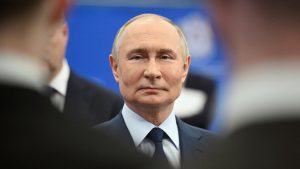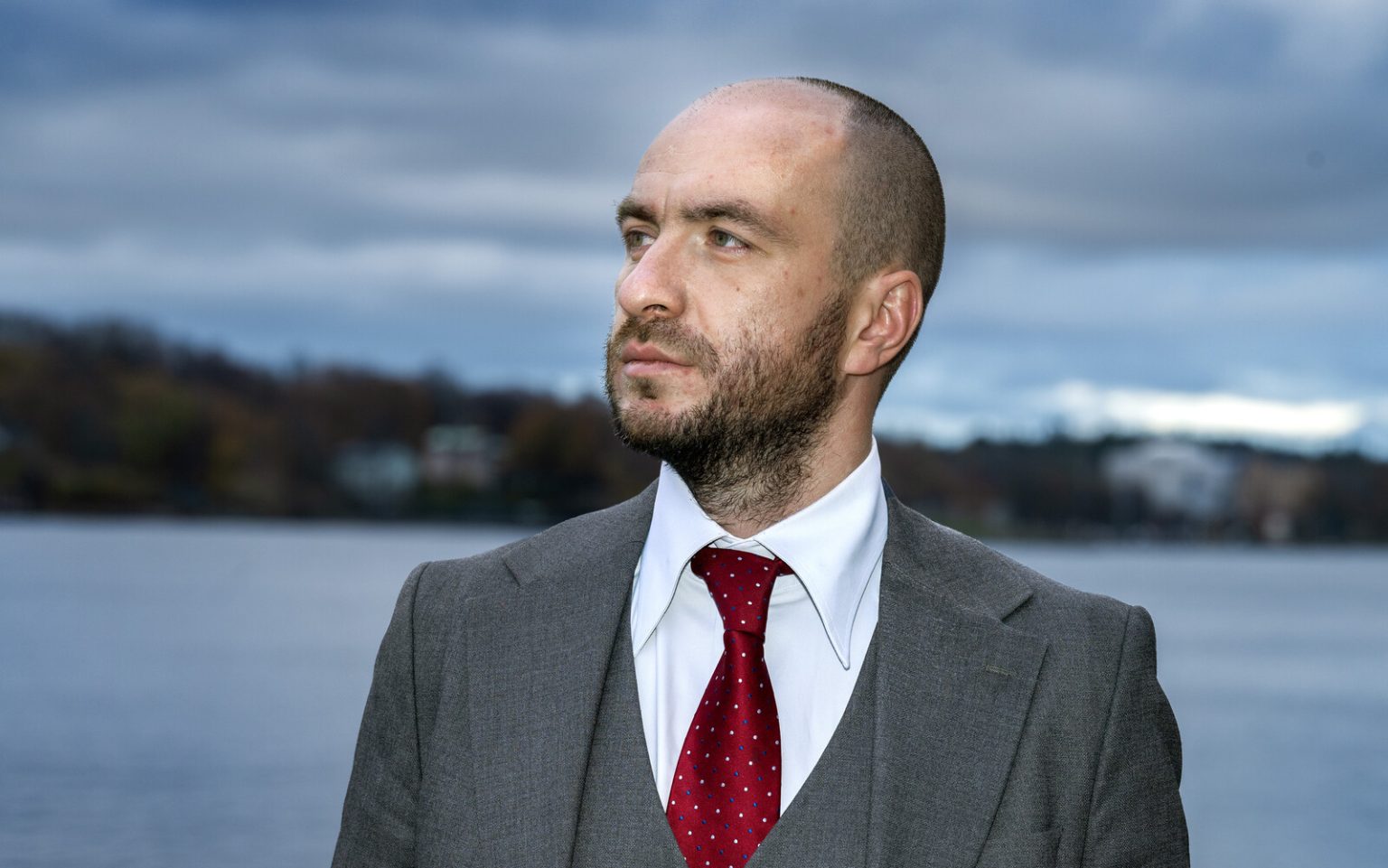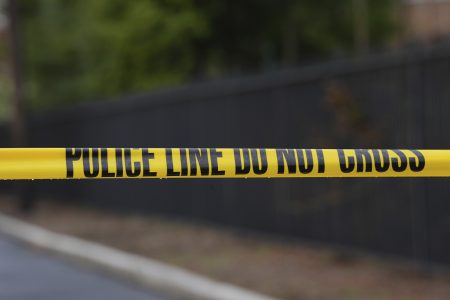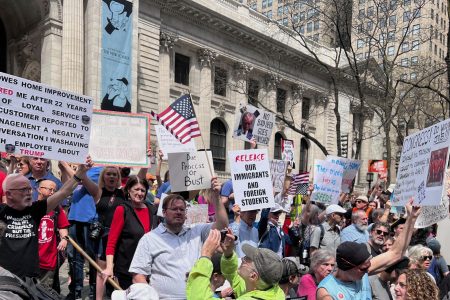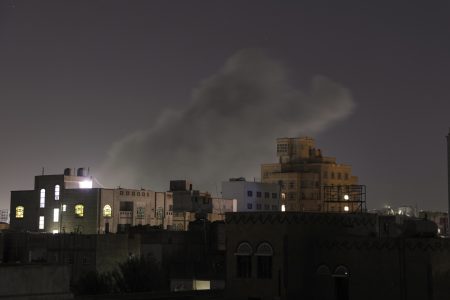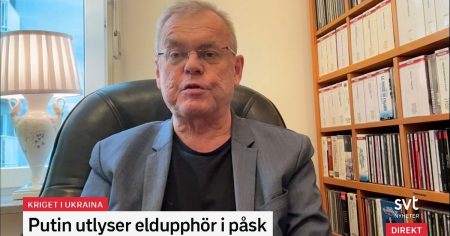Yurii Bilous, a Ukrainian lawyer turned war crimes documentarian, struggles to articulate the profound grief he witnessed in a Mariupol man who lost his entire family – his mother, wife, and two children – to a Russian attack. This encounter, etched in Bilous’s memory, underscores the devastating human toll of the war and fuels his relentless pursuit of justice. Before the Russian invasion of Ukraine in February 2022, Bilous worked as a business lawyer. However, the escalating violence near his home in Bucha compelled him to shift his focus. He began meticulously documenting war crimes, driven by a profound sense of responsibility to ensure accountability for the atrocities unfolding around him. The man from Mariupol stands out in Bilous’s mind not only for the sheer scale of his loss but also for the raw, unfiltered pain etched on his face. This story, though particularly poignant, represents only one among hundreds that Bilous has painstakingly collected, traveling throughout war-torn regions, interviewing survivors, and gathering visual evidence to corroborate their testimonies.
Bilous’s work extends beyond mere documentation. He diligently forwards all collected evidence to both the International Criminal Court (ICC) in The Hague and the Ukrainian chief prosecutor. While acknowledging the importance of holding high-ranking Russian officials accountable through the ICC, Bilous emphasizes the crucial need for a broader approach to justice. He believes that individual perpetrators must also face consequences for their actions, a responsibility that rests primarily with the Ukrainian judicial system. This dual-pronged approach acknowledges the different levels of responsibility and ensures that justice is pursued at both the international and national levels. For Bilous, this commitment to justice within Ukraine’s own legal framework signifies an affirmation of sovereignty and a rejection of impunity. It’s a statement that Ukraine will not be intimidated by Russian aggression and will uphold the rule of law even amidst conflict.
Beyond the pursuit of criminal justice, Bilous is also deeply concerned with securing compensation for the immense material damage inflicted upon Ukraine. He recognizes the massive scale of destruction wrought by the Russian invasion and the need to hold Russia financially accountable. This emphasis on reparations reflects a broader understanding of justice, one that goes beyond punishment and aims to rebuild and restore what has been lost. The scale of rebuilding required is immense, covering not only physical infrastructure but also the shattered lives and livelihoods of countless Ukrainians. Bilous believes that securing these reparations is crucial not just for Ukraine’s recovery but also for setting a precedent that such wanton destruction will not go unpunished.
Bilous’s meticulous documentation of war crimes takes on added significance given the historical context. Past instances of Russian aggression against Ukraine have often lacked the comprehensive documentation that characterizes the current conflict. Bilous recognizes that his work plays a vital role in establishing a robust historical record, one that can withstand scrutiny and counter disinformation campaigns. This detailed documentation is not only crucial for present legal proceedings but will also serve as a valuable resource for future historical analysis, ensuring that the truth about the war is preserved. By creating a comprehensive and verifiable record, Bilous hopes to prevent historical revisionism and ensure that the world understands the true nature and extent of Russian aggression.
Even though many of the accused are absent from the courtroom, Bilous believes that carrying out legal proceedings remains essential. He views these trials as a powerful tool against Russian propaganda and potential future legal challenges. By adhering to due process, even in absentia, Ukraine demonstrates its commitment to the rule of law and reinforces its position on the international stage. These trials, although symbolic in some instances, serve as a powerful affirmation of Ukraine’s sovereignty and a rejection of Russian attempts to delegitimize the Ukrainian state and its legal processes. They also serve as a clear message to the perpetrators that they will not escape accountability simply by avoiding the courtroom.
Bilous’s journey from business lawyer to war crimes documentarian reflects the profound impact of the war on individual lives and the urgent need for justice and accountability. His work exemplifies the resilience of the Ukrainian people in the face of unimaginable hardship. By meticulously documenting war crimes, advocating for justice at both the international and national levels, and championing the cause of reparations, Bilous embodies the spirit of a nation determined to hold its aggressors accountable and rebuild its future. His story is a testament to the power of individual action in the face of large-scale injustice and a powerful reminder of the importance of documenting and prosecuting war crimes, not only for the sake of the victims but also for the sake of future generations.




